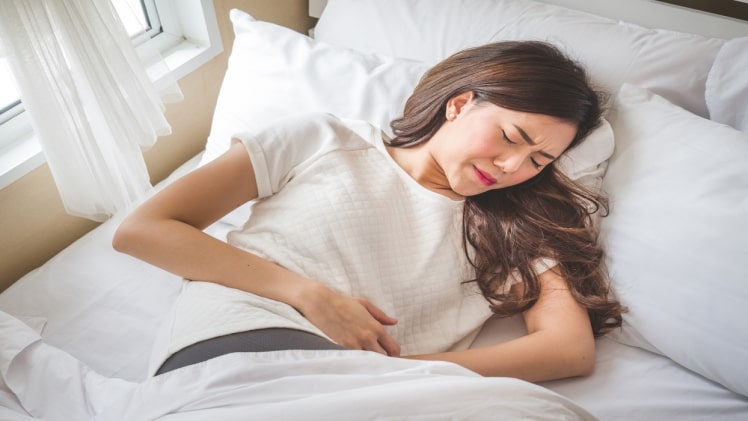It’s unfortunate that about 10% of females worldwide have endometriosis. Endometriosis causes severe pain, especially during the menstrual period. The condition may also lead to infertility.
Endometriosis has no cure, but early diagnosis and treatment are critical to improving the condition. Ulas Bozdogan MD, an endometriosis specialist, offers advanced and compassionate care to help women with endometriosis.
He uses non-surgical and minimally invasive techniques to help relieve your symptoms and restore your health. If endometriosis affects your living, let Dr. Bozdogan help you, call him or schedule your consultation online.
What is endometriosis?
It is a condition that develops when the tissue that lines the uterus, endometrium, starts growing outside the uterus. The tissue may also grow on the ovaries, bowel, and fallopian tubes.
Though not often, the tissue growths or implants can grow outside the abdominal area. The implants are different in size, causing various symptoms depending on their location and size. Their growth rate and length vary between individuals, commonly changing with hormone levels.
Endometriosis usually occurs during the childbearing years; however, the implant growth stops during menopause.
What are the symptoms of endometriosis?
Usually, endometriosis may not show any symptoms, especially during the initial stage. But you may come to discover the symptoms way later when you experience difficulty getting pregnant. In some women, the symptoms may include:
- Pelvic pain
- Low back pain during or before menstruation
- Severe cramping during or before menstruation
- Painful intercourse or vaginal bleeding after intercourse
- Abnormal periods include spotting between periods
- Blood in the urine or bowels
- Unusual pain during bowel movements
- Infertility
The symptoms usually worsen during periods for most women. The severity of your endometriosis pain does not indicate the extent of your condition. For some, mild endometriosis may cause intense pain, while advanced endometriosis may not cause any pain.
Sometimes endometriosis may be mistaken for other diseases, including ovarian cysts, pelvic inflammatory disease, and irritable bowel syndrome. Endometriosis may occur at the same time with irritable syndrome complicating the diagnosis.
It is best to contact Dr. Bozdogan if you experience consistent symptoms of endometriosis. Early diagnosis helps improve the chances of successful treatment.
What are the available treatments for endometriosis?
As it is now, there is no cure for endometriosis; however, there are effective ways to manage the condition. Endometriosis treatment depends on the severity of the symptoms, among other factors.
To some women, hormone replacement therapy can help relieve symptoms and shrink the implants. Your provider may also consider fertility treatments such as IVF and prescribe medications for pain management.
Many patients achieve symptom relief through the removal of the implants. Dr. Bozdogan uses minimally invasive techniques or robot-assisted surgery to remove the implant. After removal, the implant may recur in some women.
It is essential to have regular doctor visits after the implant removal, to prevent the symptoms from reoccurring and improve chances of conceiving.
Endometriosis is a significant concern to many women, affecting their lives. More research and raising awareness can help prevent the condition, enhance early diagnosis and promote disease management. Call Dr. Bozdogan today to have your consultation.

